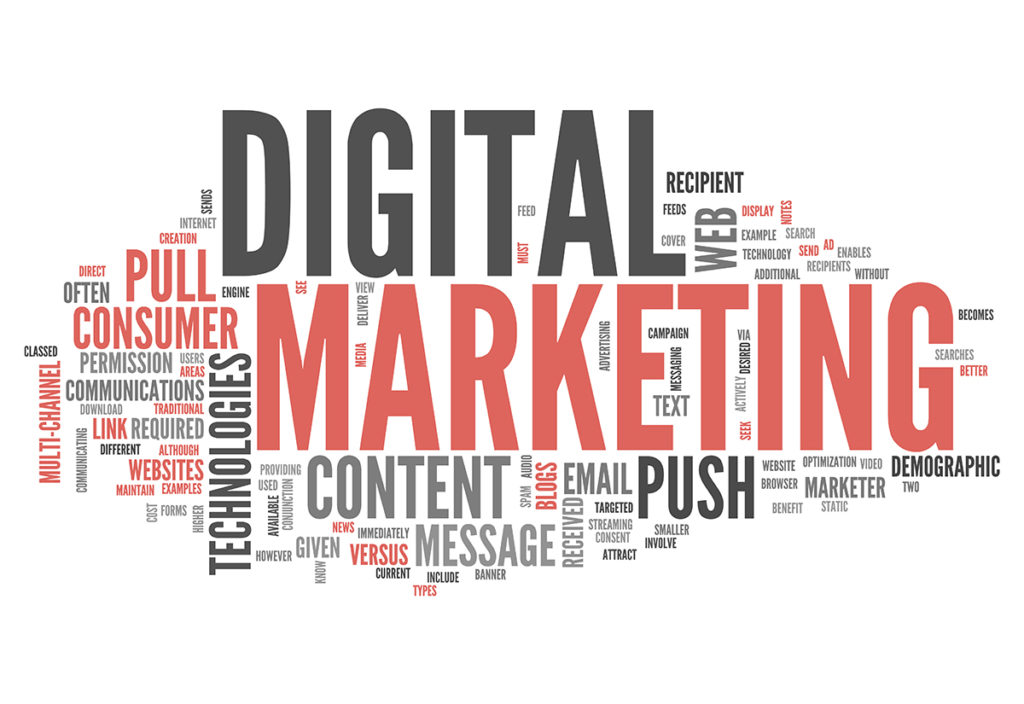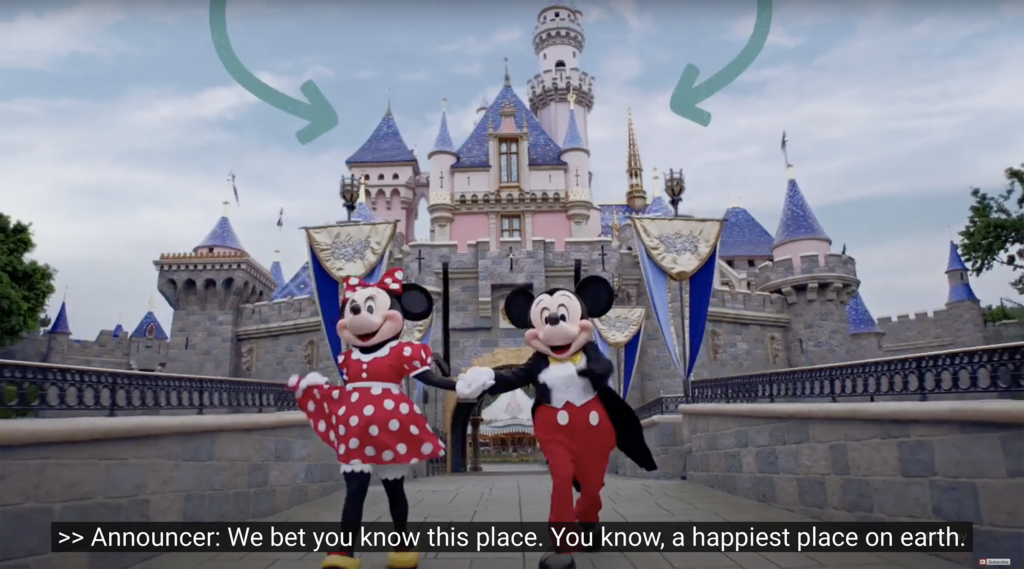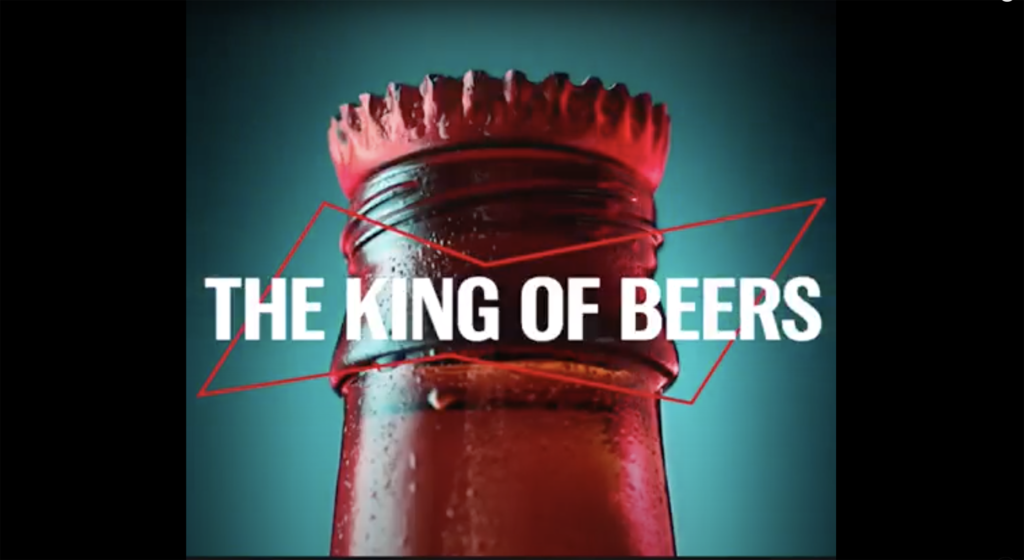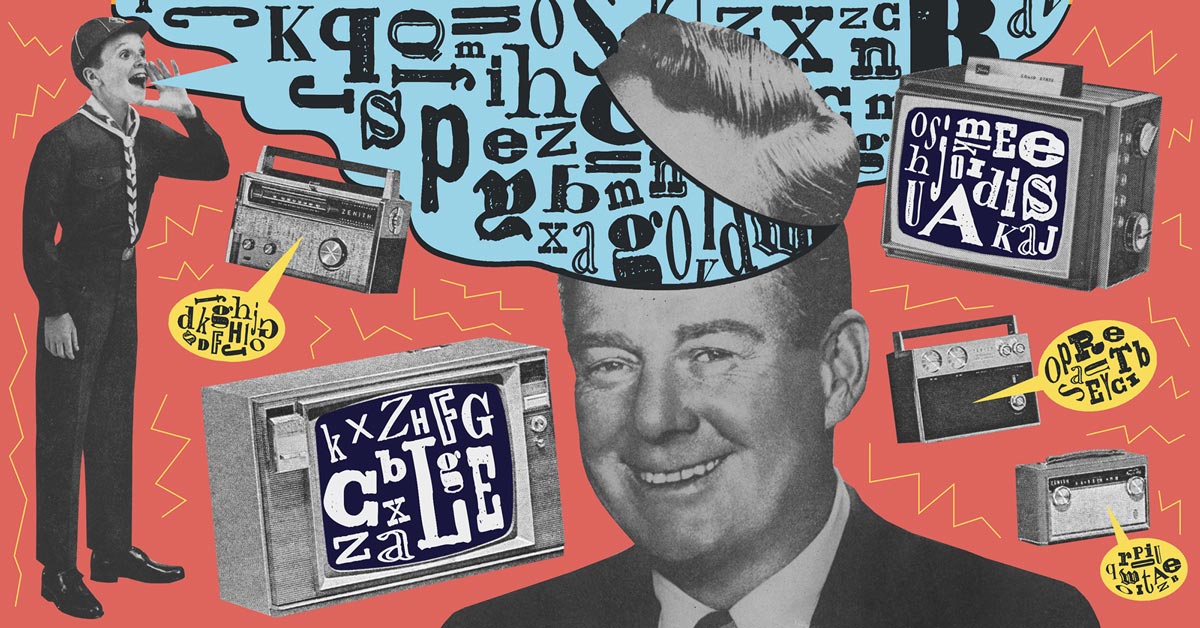Have you ever been told by a mentor, supervisor, teacher, colleague, or friend to “make like Nike and ‘just do it”? Have you ever received a compliment in the “I’m loving your ______ today!” format that immediately conjured up the Golden Arches in your mind? Have you ever praised the natural talent of an individual who was just “born with it,” and gotten a singsongy “Maybe it’s Maybelline” in response? If you answered “yes” to any of these questions, you’ve experienced the power of advertising slogans in action.
Having a memorable slogan is important not only for huge corporations like the ones in these examples but also for small businesses. Even if your goal is simply to provide quality service in your local community, rather than growing your company into a national empire, it is still important to invest in good branding.

Having a quality slogan will make your business seem more reputable, more trustworthy, and more dedicated than similar companies without one. (Think about it: how much more likely are you to remember the mom-and-pop shop with the catchy tagline than the one with just a name?)
Slogans are designed to convey what makes your brand unique, special, or different, all in one neat little package. They’re meant to be catchy, concise lines/branding elements that stick in consumers’ minds, thus raising brand awareness, and clearly, these three popular examples have done their job well.
So, what are some things to consider when writing your own company’s slogan?
Tips for Creating a Captivating and Memorable Slogan
Keep it short
Much like website content, slogans tend to be most effective when they’re kept short, sweet, and to the point. A message that is too lengthy or filled with complex words can be off-putting to readers. As someone who is trying to sell a product or service, you have a point to convey—and finding a way to convey it as simply as possible is always optimal, especially for users learning about your company through digital means.
Make it memorable
Just like your visual branding elements, you should strive to make your slogan something that people can easily remember. If potential customers can quickly recall your brand to memory, they’ll be inclined to check it out again, which in turn, of course, leads to clicks and calls. Oftentimes, memorability and conciseness go hand in hand—the fewer words your slogan contains, the easier it will be to recall. (Both “Just Do It” and “I’m Lovin’ It” are, once again, perfect examples.)
Choose your words carefully
In a medium where concise language is key, it is incredibly important to choose the right words to accurately convey your message. You may find yourself searching for synonyms, scribbling notes, drawing out webs and charts, or even speaking your ideas aloud. All of those are encourageable strategies—it’s all part of the creative process! Word choice is often where the seemingly simple task of summing up your business’ unique qualities, characteristics, or offerings becomes challenging. Keep in mind that certain words and word combinations have been statistically proven to make a stronger psychological impact on readers. If you’re feeling stuck, don’t worry—we’ve provided an analysis of the words used in some hugely popular slogans to inspire you.

Set yourself apart from your competitors
The words you choose for your slogan can not only make your brand more memorable, but can also help to set your business apart from competitors in a number of ways. Ask yourself questions such as, “What do I want my company to be known for?” or “Why should customers choose me over other contractors/landscapers/appliance repair technicians/plumbers/lawyers/accountants/etc. in the area?” Positioning your company as one that can offer “more” than competitors in any regard is a powerful strategy.
For example, if you offer a niche service that no other company in the local area provides, the word “premier” is powerful – if the niche business sector ends up taking off, no other company will be able to claim to be the premier provider. If you are trying to stand out in a particularly saturated market, try thinking about attributes that are almost universally appreciated by clients—such as experience, affordability, or a customer-centric mentality—and finding a way to work those attributes into your slogan.
It is always worthwhile to spend some time researching your target clientele and figuring out exactly what they want, so that you can better establish your company as the one they can always count on to deliver. Remember, one of the core components of branding is building trust.
Developing a great slogan for your small business is far from a quick, one-and-done project—it takes time, energy, and strategic thinking. But when you think about the prospect of potential clients remembering your company over dozens of local competitors, immediately feeling an emotional connection to your mission and vision, and instantly recognizing your brand as a reliable one, surely you’ll find that the slogan creation process is well worth the effort.
Feeling lost or overwhelmed after a fierce brainstorming session? We’re here to help ease your stress. Whether you’ve decided to pursue an industry-specific slogan or one that will resonate emotionally with potential clients—or taken on the (wise and rewarding) challenge of achieving both in one—we invite you to take a look at our analyses of these successful slogans and why they work.
Appealing to Emotion
These slogans contain words that resonate with consumers simply because they either denote or connote real human emotions.
“I’m Lovin’ It” (McDonald’s) From fast-food chains to upscale bistros, most restaurants share a common goal with their branding: to make it clear that they serve good food. In combination with McDonald’s’ mouth-watering imagery and satisfying descriptions of their menu items, the major chain’s slogan neatly wraps up the notion that there’s a lot to love here.
“The Happiest Place on Earth” (Walt Disney World Resort) It doesn’t get much more straightforward than this! What better way to establish a theme park as one of the most sought-after vacation destinations than by describing the exact emotion you’ll feel during your visit?

“Between Love and Madness Lies Obsession” (Calvin Klein) Take not just one, but three words with powerful emotional connotations, and you’ve got a truly memorable slogan for a fashion company that caters to the trend-obsessed.
“At the Heart of the Image” (Nikon) When multinational imaging company Nikon rebranded in 2003, they shifted their focus toward the positive emotions associated with viewing and creating quality photographs. Words like “heart” resonate powerfully with consumers who seek a particular feeling from using a product, whether consciously or subconsciously.
Geared Toward Action
Slogans that invite or encourage consumers or clients to take some type of action tend to be incredibly memorable; they ignite a desire that goes beyond simply purchasing a product or requesting a service, and they’re usually meant to embody the brand’s core values or mission.
“Just do it” (Nike) The imperative phrasing of Nike’s slogan can easily resonate with anyone working toward any type of athletic accomplishment. What’s more, the message is conveyed in just three simple words.
“Think Different” (Apple) This slogan encourages consumers to embrace the way of thinking that has made Apple such a successful company—innovative thinking.
“Fly the Friendly Skies” United Airlines This slogan naturally paints a positive mental picture of how a United Airlines flight will look and feel for travelers, all of whom undoubtedly want as pleasant an experience as possible.
“More Saving. More Doing” (Home Depot) While this slogan is not a direct command, it does contain two powerful action words that remind consumers of what they want when preparing for a home improvement project.
Industry Leaders
If you are confident that your company can provide a truly superior product, service, or customer experience, you may want to consider using product-specific or industry-specific words in your slogan. Consider these examples:
“The King of Beers” (Budweiser) This short, simple slogan not only gives off an air of superiority, but also (in combination with the brand’s logo) creates an image of a regal lifestyle, rather than just a regal product.

“Driven by Passion” (FIAT) All automobile companies face the challenge of establishing themselves as leaders and innovators. By combining the industry-specific play on the word “driven” with the emotional word “passion,” FIAT was able to create a powerful brand image.
“Quality is Our Recipe” (Wendy’s) You can’t go wrong with the word “quality,” especially when it comes to fast food. Wendy’s has established itself as a cut above other well-known burger chains, largely through social media marketing campaigns that reiterate the simple message expressed in their slogan.

Article by Ari Leo
Ari Leo is a passionate and creative content writer who enjoys helping clients reach their full potential. She holds an MA in Professional Writing & Communication and a BFA in Photography from the University of Massachusetts – Dartmouth.
Like what you read? Send Ari an email here.

